When we went no contact with my husband’s parents, we learned a lot of things. We learned about ourselves, we learned about other people, and we learned about how our Christian faith interacts with all of these scenarios. In this video, I discuss some of the results of no contact with toxic family.
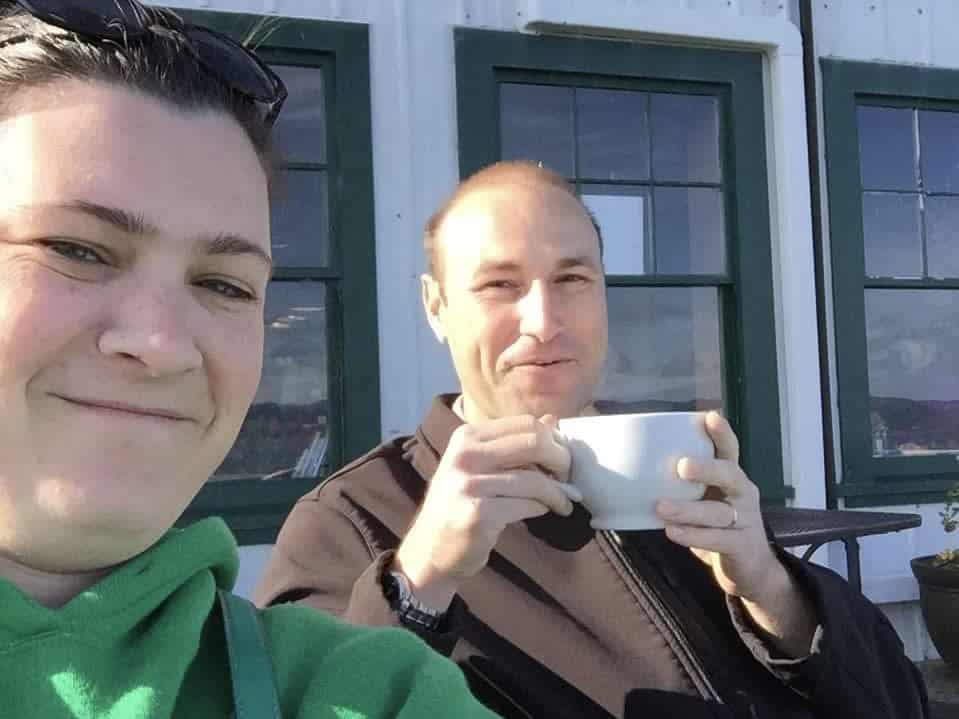
Disclaimer: This video and the transcript are not meant to be used as legal counsel or professional advice. I am simply sharing our experiences as a way to help others who may have experienced similar situations.
Table of Contents
Full video transcript
This transcript contains minor edits to improve readability. In some spots, I have added clarifying information marked with [square brackets in italics].
Observations
So we went no contact with my husband’s family about five years ago [2016] and there were two very interesting things that came out of it.
The first was that I noticed my husband’s mental health became much more stable. He wasn’t getting the same kinds of swings of depression.
He had huge anxious things happening: anxiety, panic attacks… he had massive emotional drops, and being out of contact with his parents helped him to level those so much.
So that was the first thing I noticed.
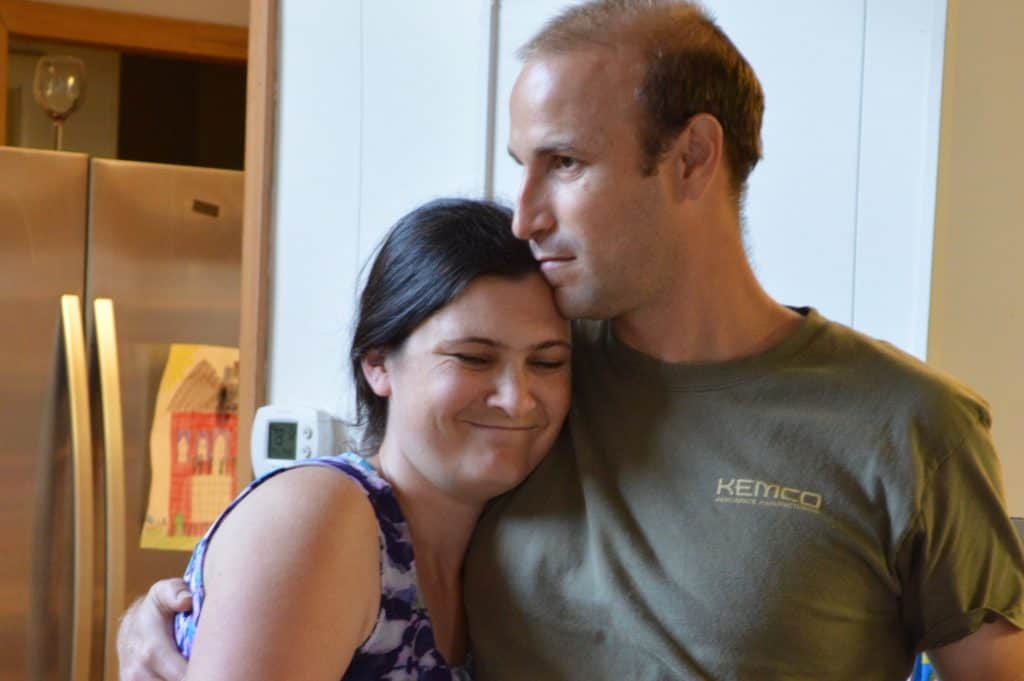
How other people responded
The second thing I noticed was how quickly everyone took sides on this issue. And it wasn’t just my husband’s family—it was my family! And that was interesting to observe but I’ll talk about my husband’s family first.
My husband’s family
But within a very short time, my husband’s brother and his grandmother found it necessary to contact us. And to try to tell us that we were being ridiculous and mean by not having contact with my husband’s parents anymore.
They didn’t really ask what had happened. Clearly they’d been told already. But they didn’t ask us for why we had done that. They weren’t interested in hearing whether there was another side to the story.
They simply assumed that there was nothing that Brian’s parents could do that would justify us refusing to be in touch with them anymore. That didn’t matter to them, to find out why…um… But we told them, we gave them very direct…
My husband’s brother
We were very direct with my husband’s brother, and said, “They have been emotionally abusing us. They’ve been abusive. They are manipulating us and we’ve spoken to them about it. And we’ve made it very clear that we’re not okay with it and it’s damaging us. And they aren’t willing to stop.”
@dinkumtribe Fractured sibling relationships result from a lack of maternal protection in childhood. #motherhunger #motherhungerbook #siblingstruggles #sisterstruggles #brotherstruggles #dysfunctionalfamily #familydysfunction #familydynamics #childhoodneglect #childhoodtrauma #traumatok #cpstdawareness #cptsdrecovery #motherwound #motherwoundhealing @dinkumtribe @dinkumtribe @dinkumtribe ♬ Sad Emotional Piano (main version) – DSproductions
My husband’s brother was not okay with our decision and decided not to be in touch with us either.
His brother tried to reach out to us a few times and wanted to arrange the time to get together. And when it didn’t work out the way he thought it should, he just went off and sulked and didn’t care to keep trying to get in touch with us, so…

My husband’s grandmother
So we moved on… um… And his grandmother reached out to us for so long. And it was always, “You need to forgive,” and, “You need to move forward,” and, “You need to make changes.”
It was always about how we needed to fix the situation, um… and so we just didn’t respond. That was the kindest thing we could do, really. Um, she wasn’t interested in hearing what had happened from us, uh…
So we moved on.
How my family responded
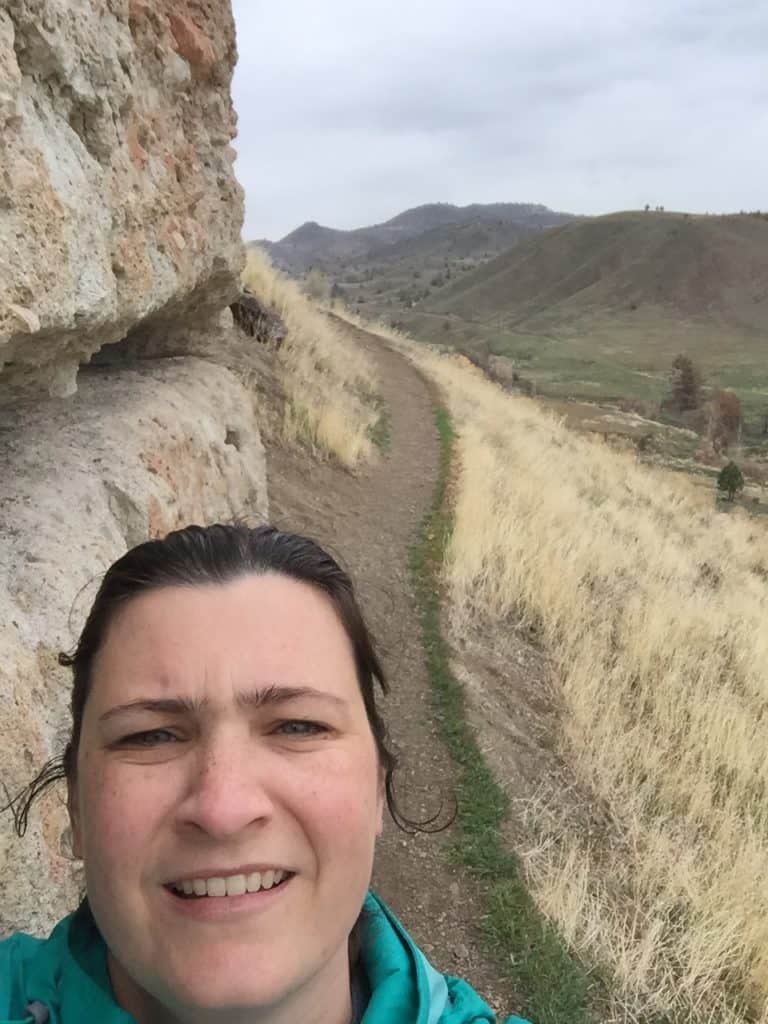
But what’s interesting too is the response that my own family had to this. I found that there were two camps, kind of, that showed up when they found out we were no longer in contact with Brian’s parents.
And the first camp was the people who freaked out. Funny, because us not being in touch with my husband’s family doesn’t impact my family at all! Like, you know they… We’re married, and so we see both sides. But, like, my family wasn’t all that connected to his side. And his family wasn’t all that connected to my side.
“You’re making a mistake…”
So, like, it didn’t really impact anybody else. And yet there were people in my family—my parents, my grandparents, um, one of my siblings, who were seriously bothered. They thought we were totally screwing this up by choosing to have no contact with my husband’s parents.
@dinkumtribe Forgiveness is a word that’s often misused by abusive people to shame victims. Here’s some clarification. @dinkumtribe @dinkumtribe @dinkumtribe #forgiveness #forgiveandforget #forgivenessnotpermission #forgiveness🙏🏻 #forgivenessvstrust #forgivenessvsreconciliation #reconciliation #conflictresolutiontok #christianforgiveness #misusingthebible ♬ Once Upon a Dream – Invadable Harmony
And told us so repeatedly, and informed us that we were being “unforgiving” after we shared them the whole story, which I shared here.
There’s a lot of details missing too. I shortened it for time’s sake.
But my family, there were members of it who freaked out about this.
Are they narcissists?
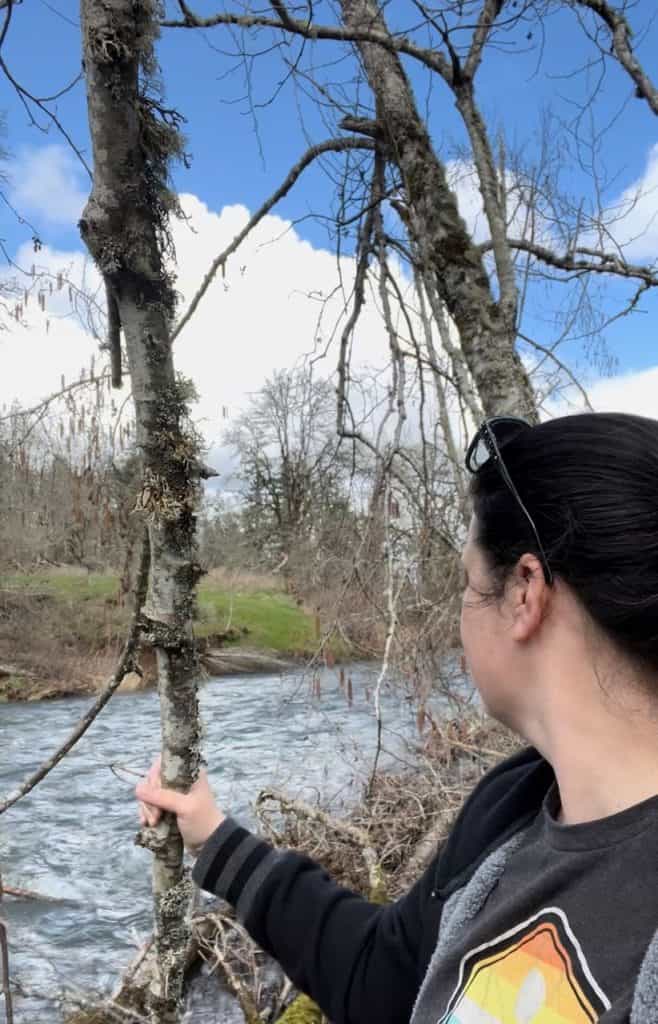
So when I went “no contact” from my husband… we went no contact with my husband’s parents, I couldn’t… It took me a long time to work through understanding why someone would deliberately choose to be cruel, or unkind, or unloving, to their child or to someone who they cared about.
I didn’t… I hadn’t been been taught well that there are people who choose to do things selfishly, simply because they are selfish.
And that was a really hard realization to come to.
What I believed was the Christian approach

I do my best to assume the best of people, and that’s largely because I love God. And that’s what I believe the Bible says we should do, is to assume the best of those that we love.
But I hadn’t been really well taught. And I hadn’t picked up on very well the fact that the Bible also says that we’re supposed to be wise and understanding, and know what people are like.
The missing perspective on selfish people
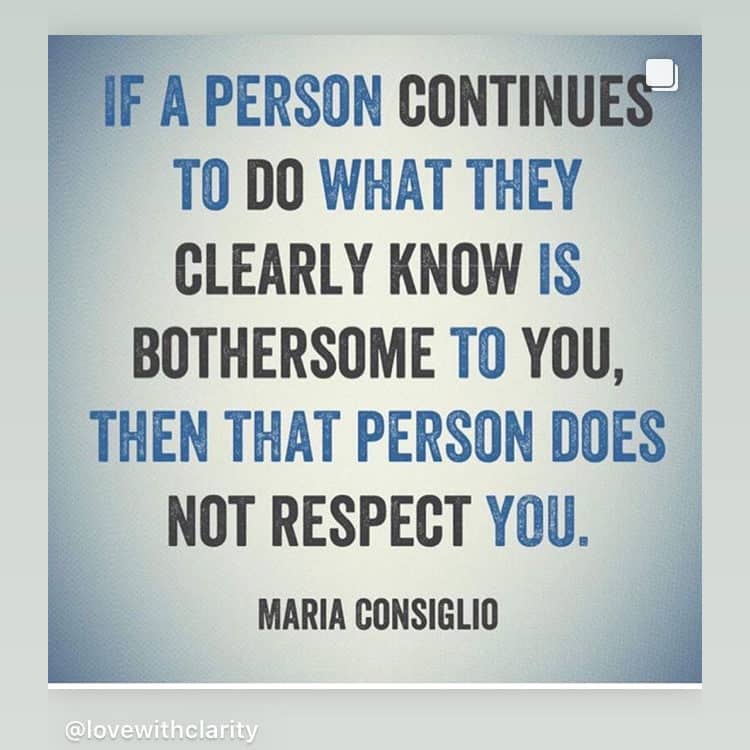
And that was a part of my spiritual, my faith upbringing that I did not really understand well. And so it was really hard for me to understand how someone who said they loved you could choose to be manipulative.
To have someone who claimed the name of being a Christian could choose to act in an unchristian-like manner on purpose. And then when confronted with it, insists that they weren’t.
I did not understand that kind of behavior.
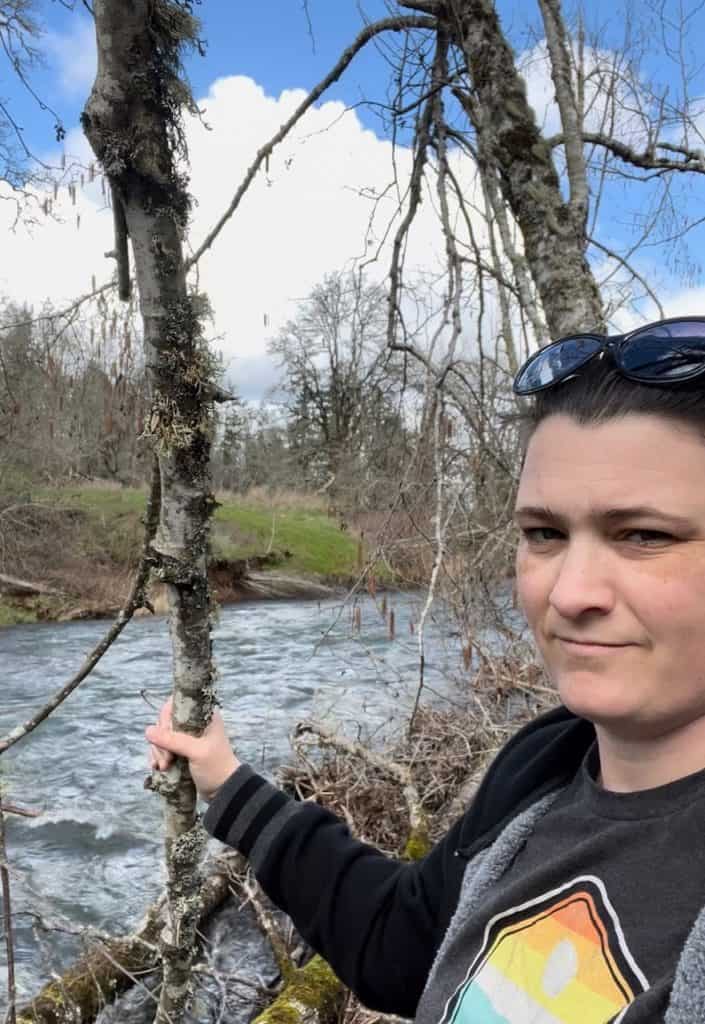
What my research showed me
So I did a lot of research to try to understand what was going on here. And I know narcissism is a buzzword, and so I am not saying that there is a diagnosis that I can claim here.
However, understanding the behavior traits of a narcissistic person—a person who is incredibly all about themselves and self-centered.
Understanding those personality traits, and learning about family dynamics where a person is this way, was key to me understanding what had happened in my husband’s family.
Narcissistic patterns of behavior
And so I’m not here to make a diagnosis, or to say that that’s what kind of person… that my parents, my in-laws, have that diagnosis because I can’t do that. I’m not a professional.
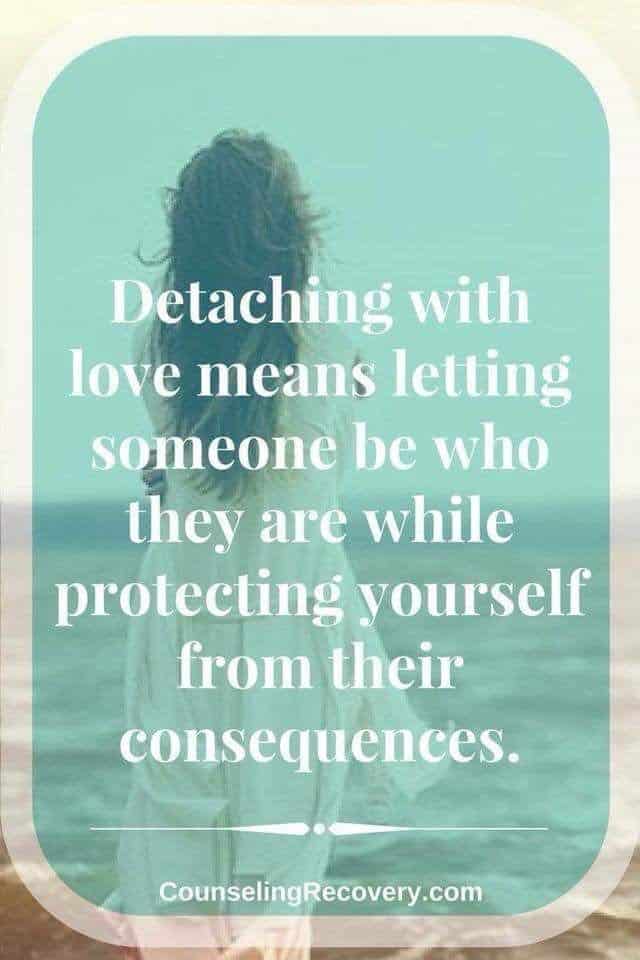
What I can say is that reading stories of other narcissistic abuse survivors, and other family dysfunction survivors, was like watching a videotape of interactions I had had with my husband’s parents. The language was the same. The situations were so often only slightly different in minor details.
It really was like reading a playbook that his parents had read and were following, and that I didn’t know existed until I read it.
So I know, like I said, narcissism is a buzzword. But it’s a buzzword because it helps so many of us make sense of experiences we’ve had that can’t be explained any other way.
Reframing
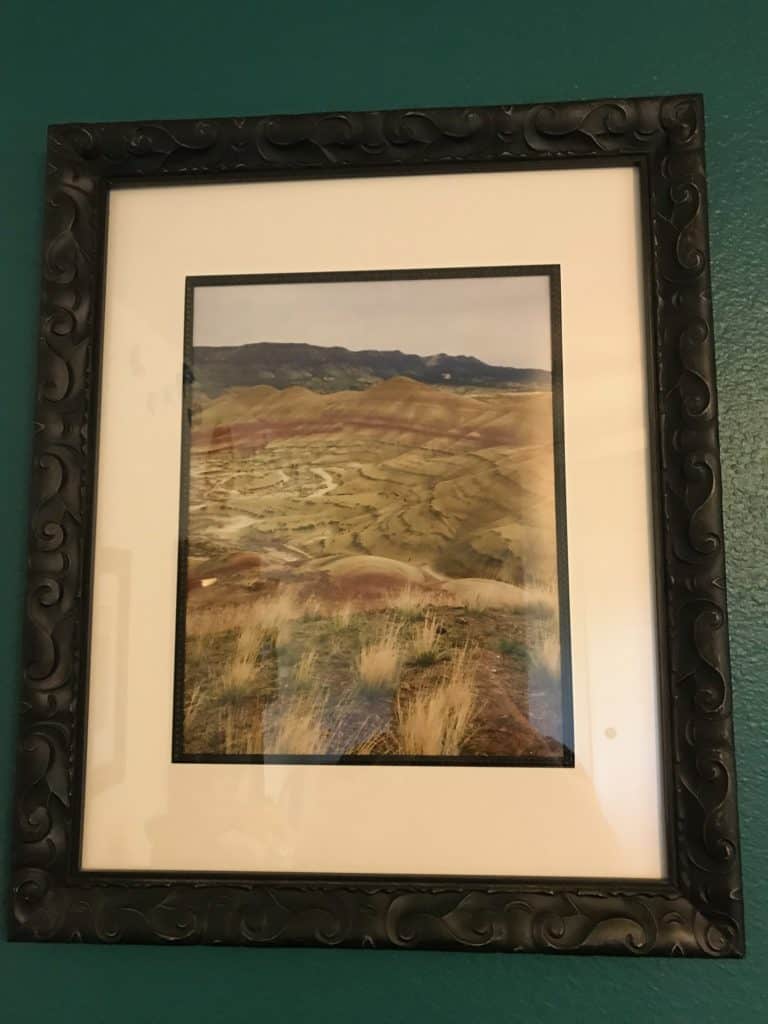
We spent the last few years reframing. Reframing is when you look at things that have happened to you in the past, but you have new information and so you re-evaluate how you understood a situation.
And it’s been an incredibly long process and difficult, but very healing. Because of course having the hindsight of, “Oh, my in-laws are abusive and manipulative,” now I could look back at their interactions.
Recognizing reality

And so many—so many—so many things that I had just blown off as, “Okay they’re having a bad day,” or “They didn’t mean it that way,” or
“I’m sure they weren’t trying to be hurtful…”
Reframing is when you look at things that have happened to you in the past, but you have new information and so you re-evaluate how you understood a situation.
-Jenn Warren
There were so many of those things I had written off because I wanted them to be the people I believed them to be.
I wanted them to be good kind of people. And realizing that that wasn’t who they wanted to be, and they were okay with taking advantage of other people in that way, and being manipulative….helped me to see those situations accurately.
Necessary grief and processing
And so that work was hard and necessary, and it was a lot of grief. And yet, it “paid off” is the best way to put it, I guess.
@dinkumtribe #griefandloss💔 #giveyourselfspace #survivalmodeon #learningtofeelagain #grieftakestime #cptsdtiktok #sasurvivor #migrainestories ♬ original sound – DinkumTribe ADHD family travel
Because there have been other situations since then where I’ve seen someone being manipulative. And because I’ve done the work to understand what happened, I have no difficulty recognizing it in the moment. And that’s a tool that I’ve developed from understanding what happened there.
How our kids responded
How did our children respond to us going no contact with my husband’s parents? Um, it was really hard at first because they were little.
My boys barely remember their grandparents on my husband’s side. My girls, I think our oldest was about seven when we went no contact and the youngest was three or four. So they have a few memories.
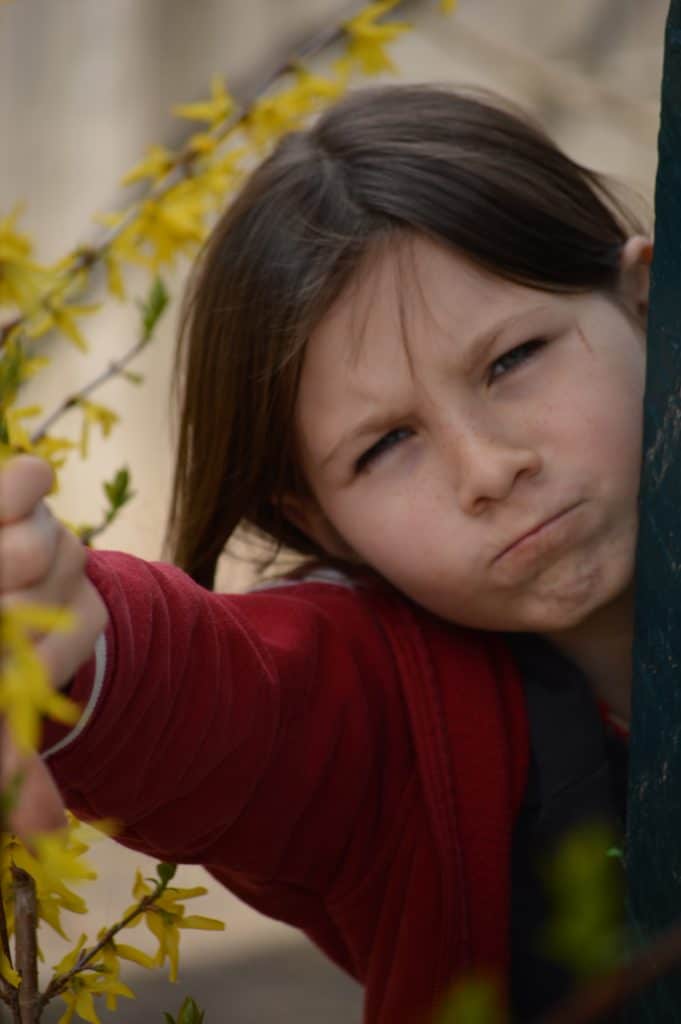
But it was very hard for them at first to understand why they wouldn’t be seeing their grandparents for who knows how long. They weren’t seeing them anymore.
Learning to recognize abuse
And yet, over time, as we’ve processed through things, our girls have recounted situations where they were being abused by my in-laws. And there were situations where our children were not being taken care of appropriately and where abuse was permitted to happen.
We’ve documented some of it because there was physical abuse, though not sexual abuse, as far as we can tell. Um, and so we’ve documented those with the proper authorities. The statute of limitations has passed as far as we know.
“Just wait until your kids treat you that way!”

But my point in this is, sometimes people will say, “Well your children will probably do that to you.”
And not only is that a really cruel thing to say—vindictive! But I don’t think it’s true.
What our kids have learned now they’re coming into teenagehood now, and starting to see how people act. We’re teaching them that if someone acts in a way that is a bully to them they’re allowed to take care of themselves and be safe and go somewhere safe. They don’t have to stay.
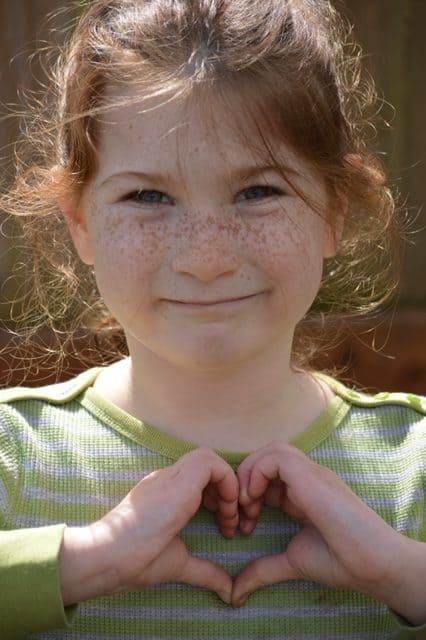
And that’s a lesson it took me over 30 years to learn, but my kids already are starting to understand it.
That being a Christian who loves Jesus does not mean that you have to put up with abuse, particularly from other people who say they’re Christians.
End transcript
©️ Copyright Jennifer D. Warren 2023
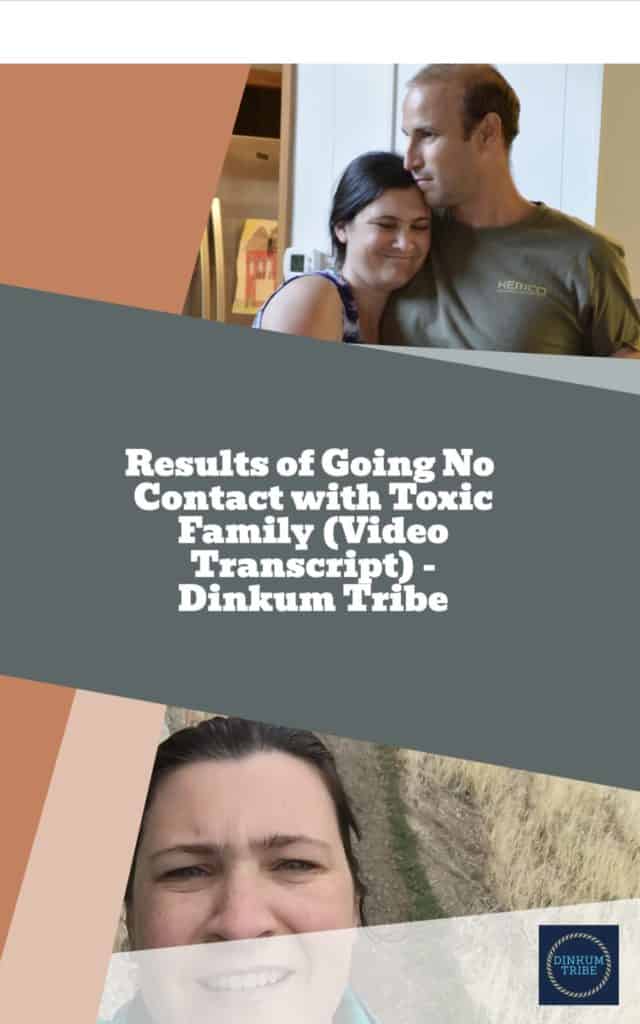
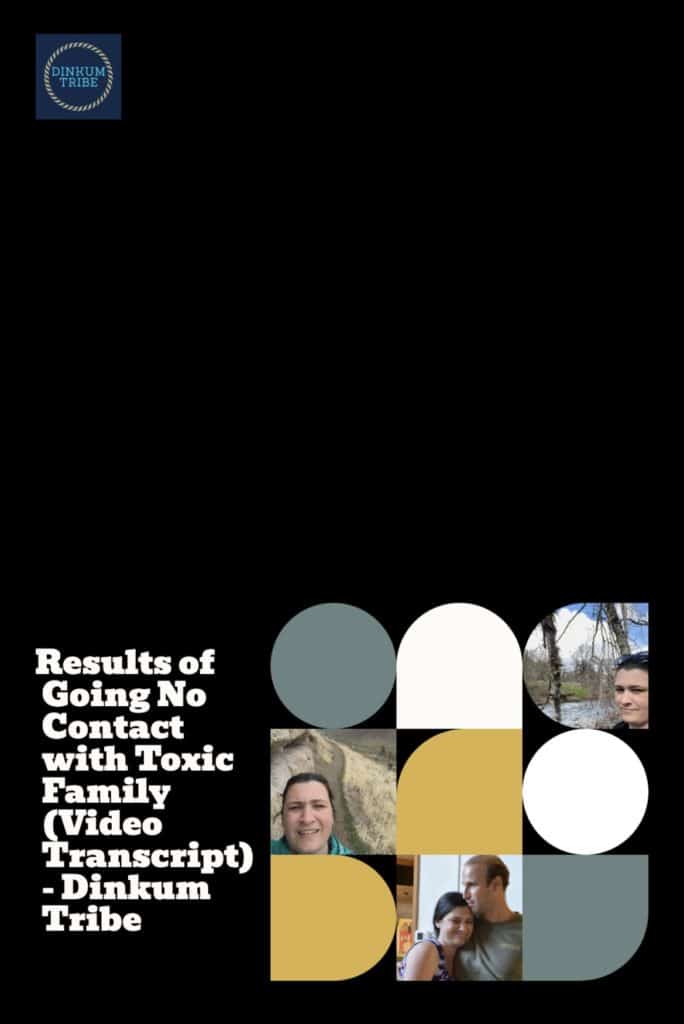
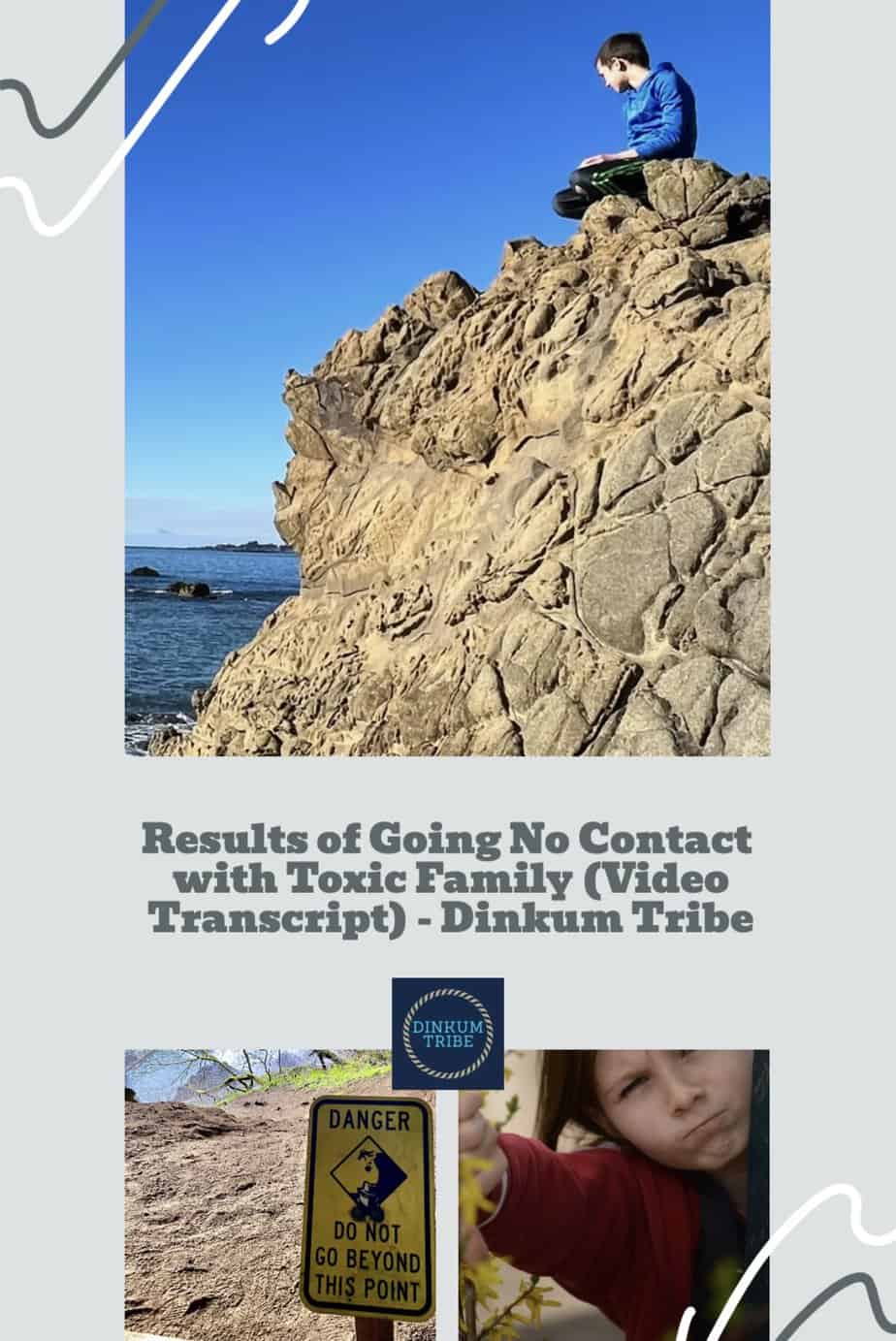
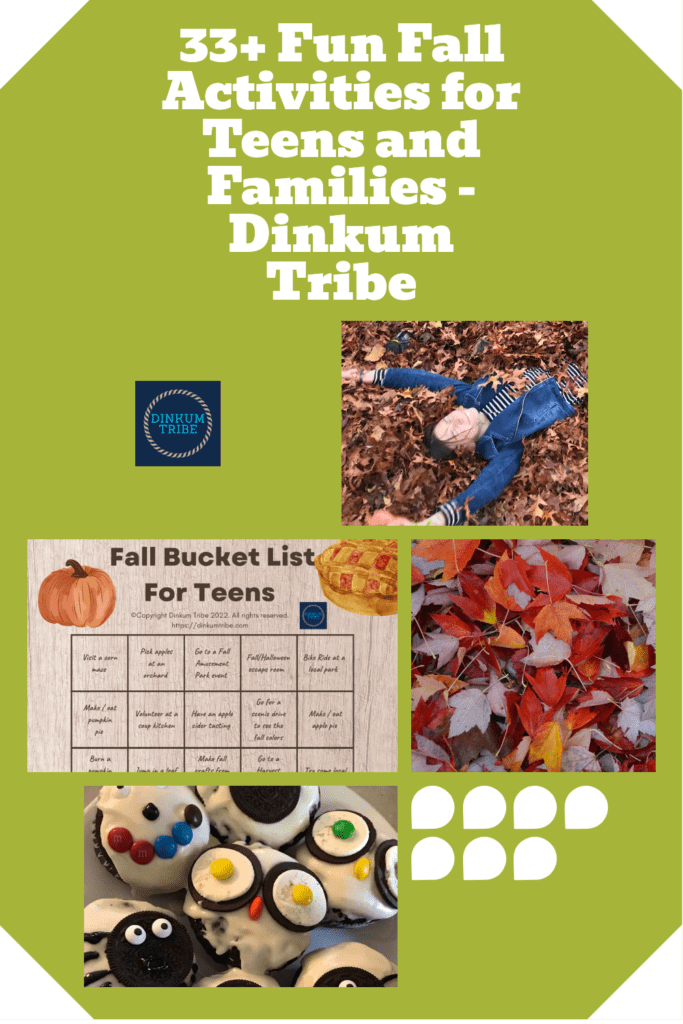

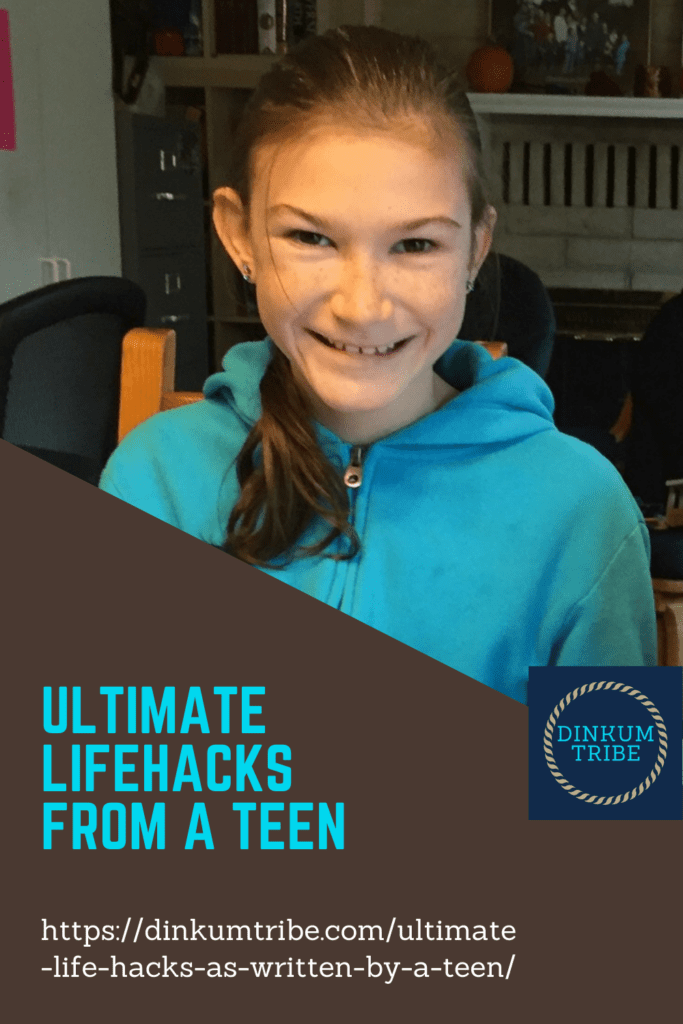
Comments